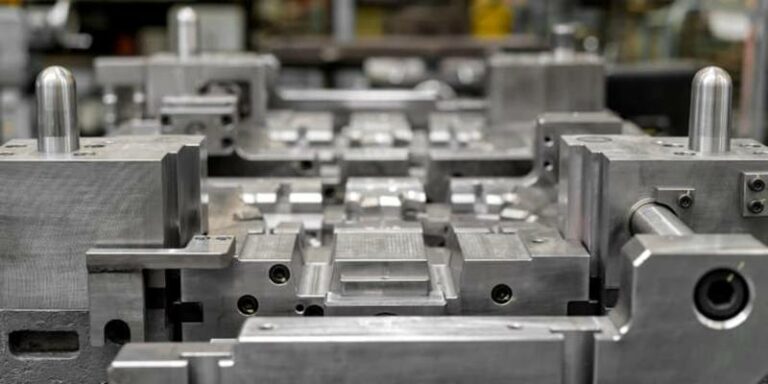Stahl Specialty Company Fundamentals Explained
Stahl Specialty Company Fundamentals Explained
Blog Article
The 3-Minute Rule for Stahl Specialty Company
Table of ContentsStahl Specialty Company - An OverviewThe Definitive Guide to Stahl Specialty CompanyLittle Known Facts About Stahl Specialty Company.The Only Guide to Stahl Specialty CompanySome Of Stahl Specialty Company
There are many small differences in between functioned and cast light weight aluminum alloys, such as that cast alloys can consist of more considerable quantities of other metals than functioned alloys. But one of the most notable difference in between these alloys is the fabrication process with which they will certainly go to provide the end product. Apart from some surface treatments, cast alloys will leave their mold and mildew in almost the precise strong kind desired, whereas wrought alloys will go through numerous alterations while in their solid state.If you assume that a functioned alloy might be the most effective for your project, take a look at some of our articles that discuss more about specific wrought alloys, such as Alloy 6061 and Alloy 6063. On the various other hand, if you assume an actors alloy would certainly be much better for you, you can discover more regarding some cast alloys in our Alloy 380 and Alloy 383 short articles (coming soon).

Having the experience and industry expertise to engineer your spreadings for optimal manufacturing and top quality results will certainly improve the task. Producing light weight aluminum spreading needs a facility set of processes to attain the best outcomes. When choosing a brand-new light weight aluminum foundry to partner with, guarantee they have extensive market experience and are educated about all elements of the light weight aluminum spreading process: style, manufacturing, product analysis, and product testing.
The Best Strategy To Use For Stahl Specialty Company
The foundry should also have a proven record of providing outstanding items that satisfy or surpass client assumptions. Quality assurance must likewise be at the top of your list when choosing an aluminum foundry. By collaborating with a certified shop that complies with the requirements for quality assurance, you can safeguard the integrity of your item and guarantee it satisfies your specs.
By selecting a firm who offers solutions that meet or surpass your product requirements, you can be certain that your project will certainly be completed with the utmost accuracy and effectiveness. Different components require various production strategies to cast aluminum, such as sand spreading or die spreading.

Die casting is the name given to the process of creating complex metal components through use of mold and mildews of the part, additionally recognized as passes away. It creates even more elements than any type of other process, with a high degree of precision and repeatability. There are 3 sub-processes that drop under the classification of die casting: gravity die casting (or irreversible mold and mildew spreading), low-pressure die casting and high-pressure die casting.
After the pureness of the alloy is checked, dies are created. To prepare the passes away for casting, it is important that the passes away are clean, so that no residue from previous productions continue to be.
The pure steel, also called ingot, is included to the furnace and maintained at the molten temperature level of the metal, which is then transferred to the injection chamber and infused into the die. The stress is then maintained as the steel solidifies - Foundry. As soon as the metal strengthens, the cooling process starts
The thicker the wall of the component, the longer the cooling time due to the quantity of interior steel that also requires to cool. After the element is fully cooled, the die cuts in half open and an ejection system presses the component out. Adhering to the ejection, the die is closed for the following injection cycle.
The Buzz on Stahl Specialty Company

Today, top suppliers utilize x-ray testing to see the whole interior of elements without cutting right into them. To get to the ended up product, there are 3 primary address alloys made use of as die casting product to choose from: zinc, light weight aluminum and magnesium.
Zinc is one of the most secondhand alloys for die spreading due to its lower expense of raw products. Its corrosion resistance also enables the parts to be long enduring, and it is one of the extra castable alloys due to its lower melting point - aluminum foundry.
How Stahl Specialty Company can Save You Time, Stress, and Money.
As pointed out, this alloy is just one of one of the most generally made use of, yet makes will, sometimes, pick light weight aluminum over zinc because of light weight aluminum's manufacturing advantages. Aluminum is highly economical and among the extra functional alloys. Light weight aluminum is utilized for a variety of different products and industries anything from home window structures to aerospace products.
Report this page